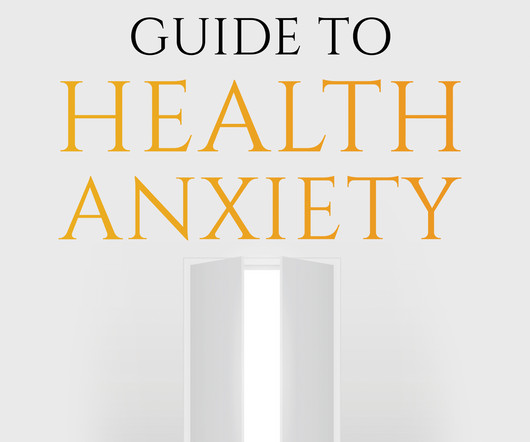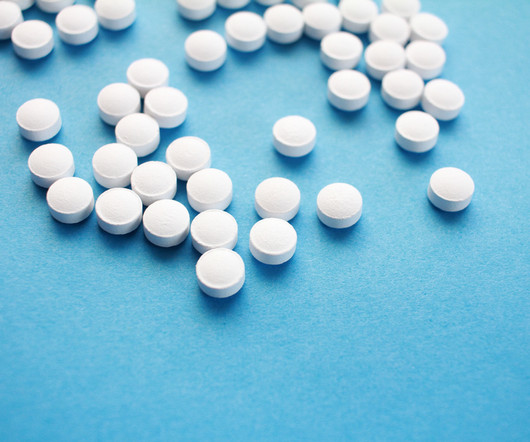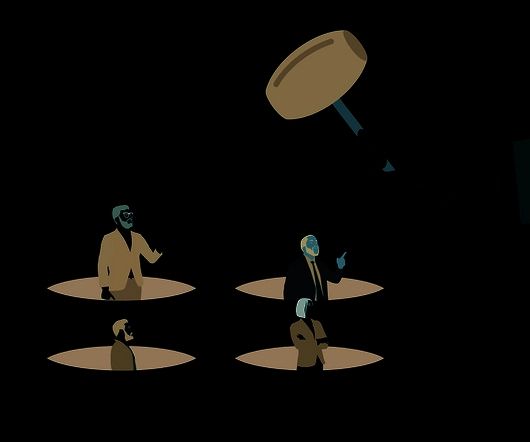How To Heal A Dysregulated Nervous System (Best Practices)
The Anxiety Guy
JULY 19, 2024
Deep Quality Sleep (6-8 Hours) Quality sleep is crucial for repairing the body and brain. Aromatherapy Scents like lavender, coffee beans, and essential oils can reduce stress markers in the brain, providing a quick and effective way to calm your nervous system. Consider exploring the Wim Hof Method for more on cold therapy.













Let's personalize your content